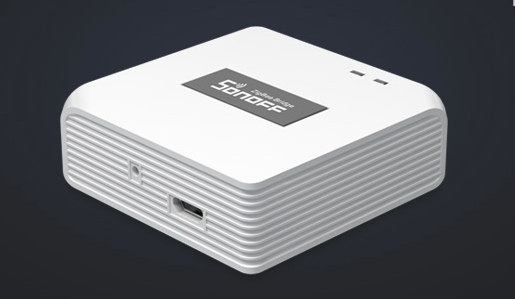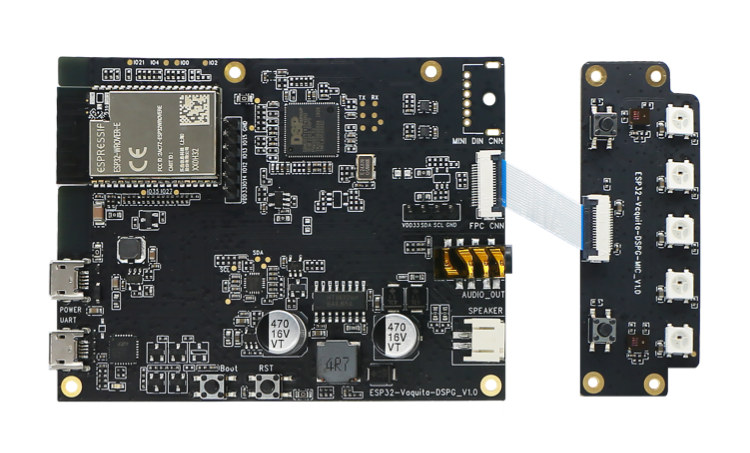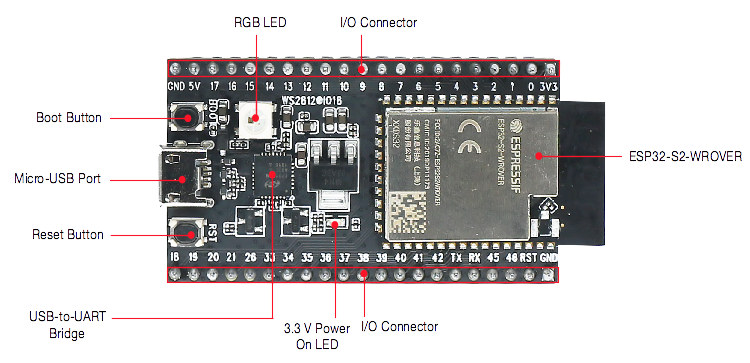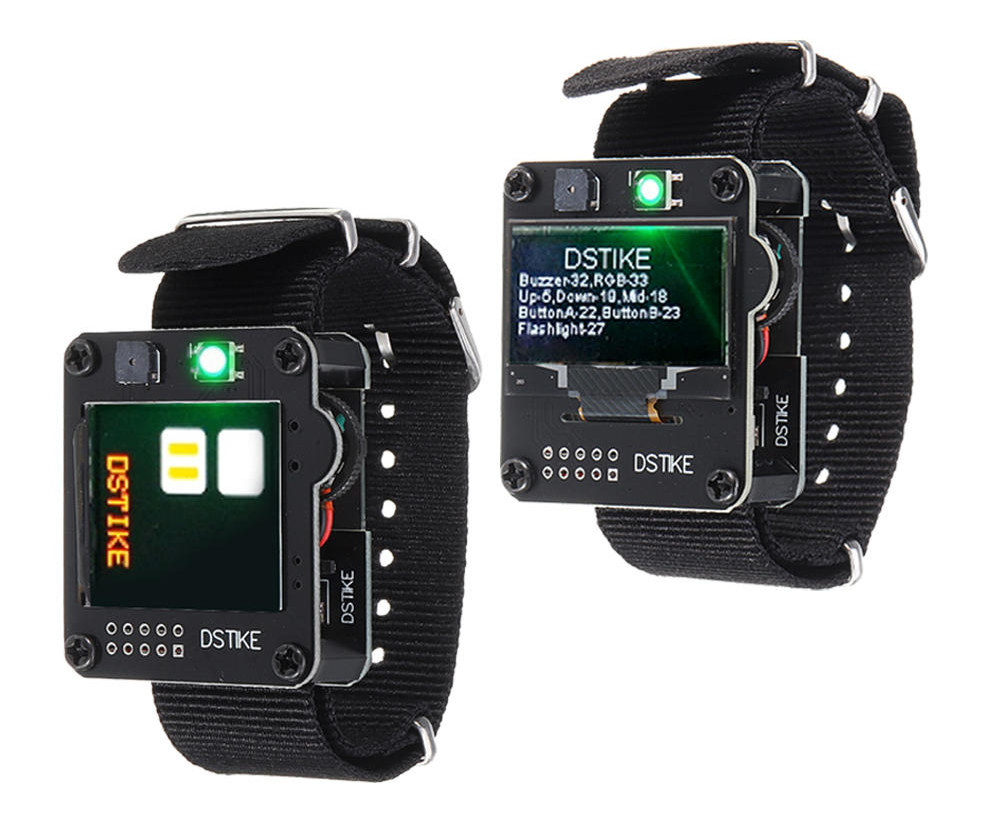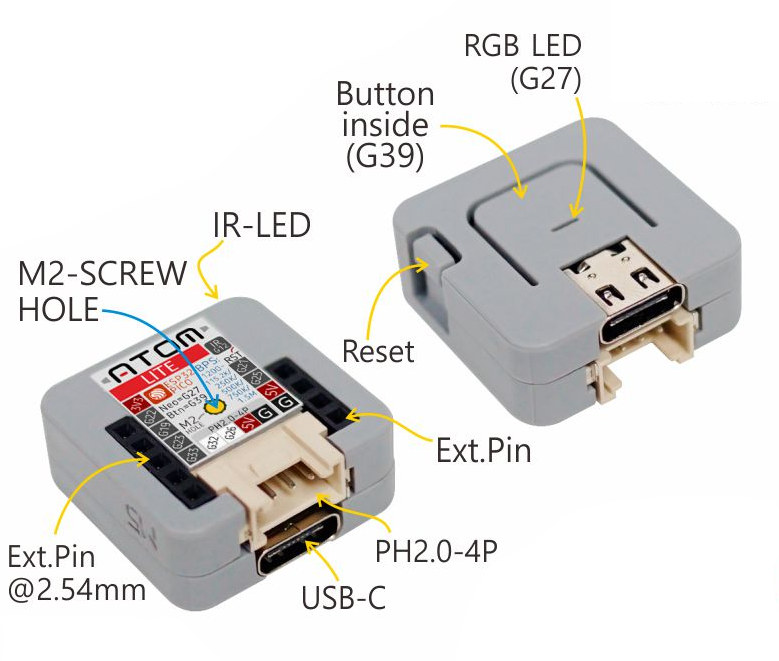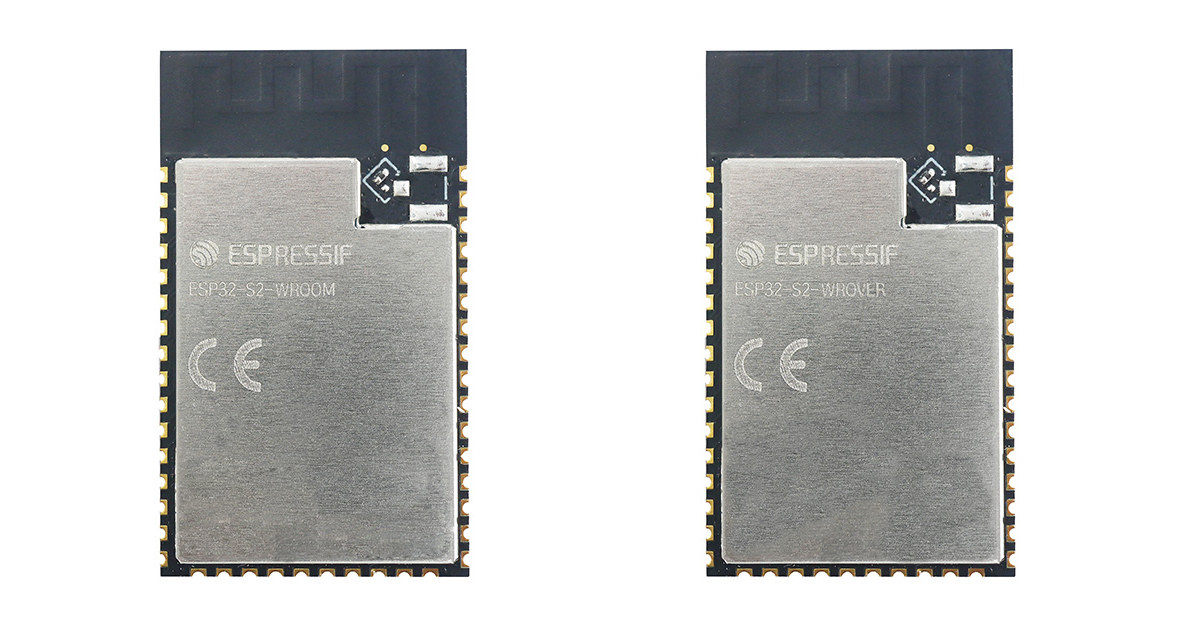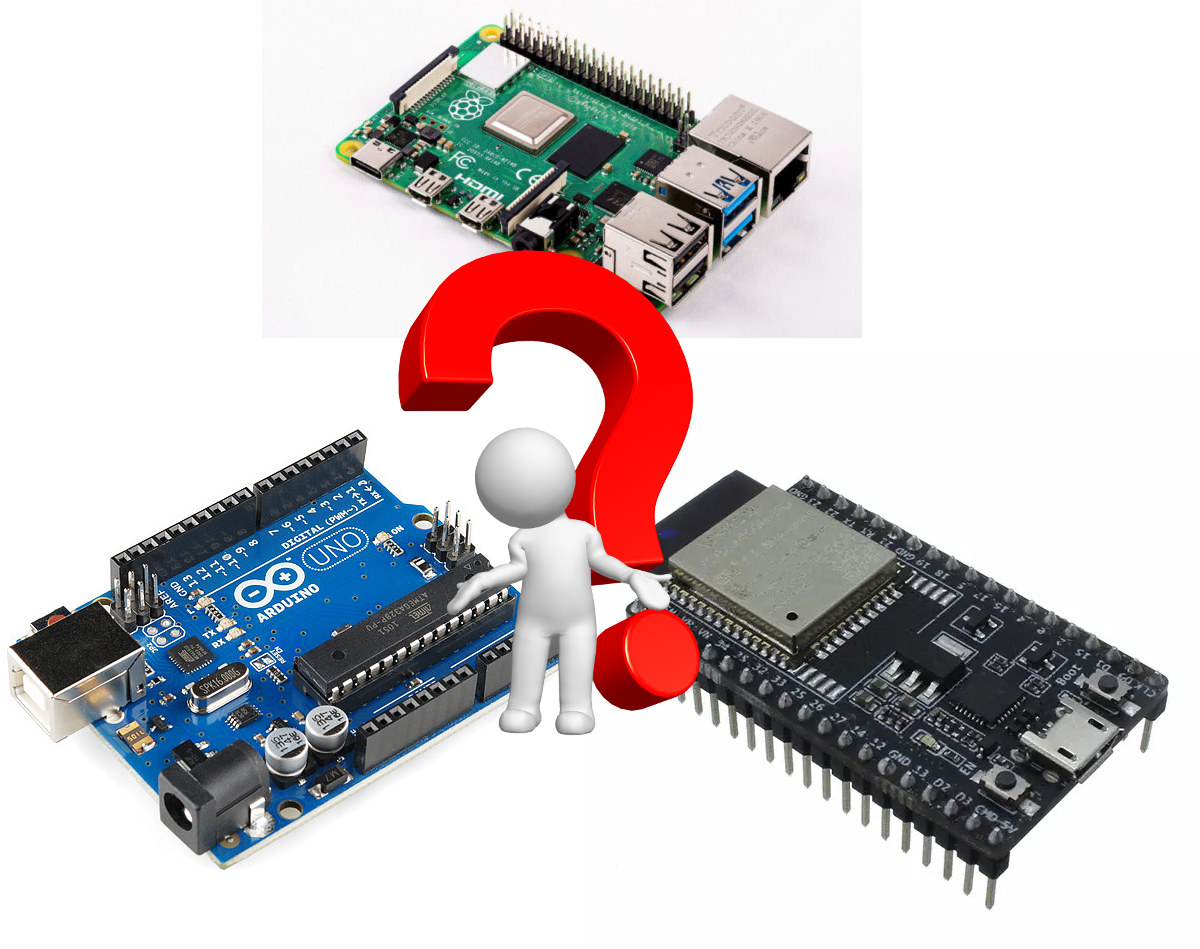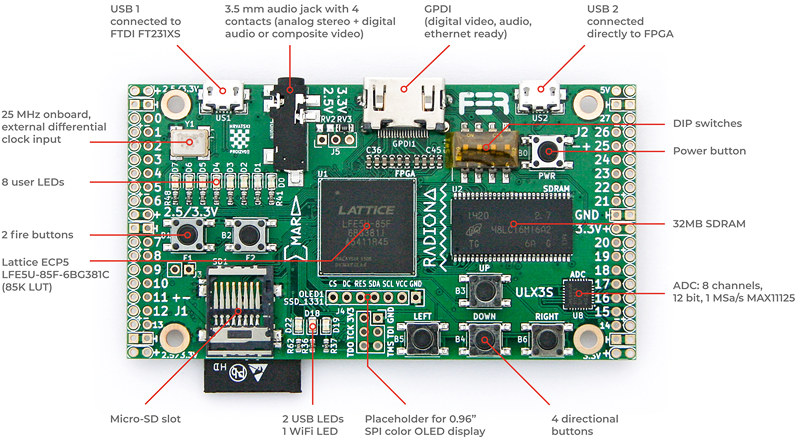Since the end of last year, ITEAD has introduced several Zigbee Sonoff products such as Sonoff Basic R3 Zigbee, but so far customers had to rely on third-party hardware for the gateway, and they very recently launched a CC2531 Zigbee USB dongle to ease the task. But now the company’s just-launched Sonoff ZBBridge WiFi to Zigbee gateway allows people to control compatible Zigbee devices using eWelink mobile app. Sonoff ZBBridge specifications: Wireless Connectivity – 2.4 GHz 802.11b/g/n WiFi 4 and Zigbee 3.0 Power Input – 5V/1A Dimensions – 62 x 62 x 20 mm (PC V0) Weight – 35 grams Temperature Range – -10 to 40°C The gateway is working with BASICZBR3 Smart Switch, S31 Lite zb Smart Plug, and the upcoming SNZB-01 Wireless Switch, SNZB-02 Temperature & humidity sensor, SNZB-03 motion sensor, and SNZB-04 wireless door/window sensor. It will also work with other smart devices certified by the ZigBee […]
ESP32-Vaquita-DSPG Board and SDK Support Alexa Integration and AWS IoT Core Cloud Service
Espressif Systems has just announced another ESP32 board, namely ESP32-Vaquita-DSPG development kit together with an SDK that supports AVS (Alexa Voice Service) integration with AWS IoT cloud connectivity. ESP32-Vaquita-DSPG specifications: Wireless Module – ESP32-WROVER-E with ESP32-D0WD-V3 WiFi + Bluetooth SoC , 64 Mbit SPI flash and 64 Mbit PSRAM Audio DSP – DSPG DBMD5P Audio SoC with far-field voice recognition using the company’s HDClear algorithms. Power Amplifier for external speakers up to 8W Codec – ES8311 I2S audio codec Speaker connector 3.5mm audio jack 2-mic array on MIC board Debugging – USB-UART port Misc- Mainboard – Power LED, boot & reset buttons MIC board – 5x RGB LEDs, 2x function buttons Power Supply 5V input via USB Power Port 5V-to-3.3V regulator. ESP32-Vaquita-DSPG board needs an external 4-ohm speaker or a pair of headphones for audio output, two USB cables for power and debugging, and a computer running Windows, Linux, or […]
ESP32-S2-Saola-1 Development Board is Now Available for $8
Espressif ESP32-S2 WiFi SoC mass production started at the end of February 2020, and soon enough we started to find ESP32-S2 SoC and modules for $1 to $2 on sites like Digikey, but so far we had not seen ESP32-S2 development boards for sale. The good news is the breadboard-friendly ESP32-S2-Saola-1 development board has started to show up for $8 on resellers such as Mouser and Digikey albeit with a lead time of 8 to 12 weeks. ESP32-S2-Saola-1 specifications: Supported modules – ESP32-S2-WROOM(-I) & ESP32-S2-WROVER(-I) with 4 MB SPI flash and for ESP32-S2-WROVER modules only, 2 MB PSRAM USB – 1x Micro USB port for power and programming / debugging via USB-to-UART bridge Expansion – 2x 20-pin I/O headers with SPI, I2S, UART, I2C, touch sensors, PWM, etc… Misc – Boot and reset buttons, RGB LED, 3.3V power on LED Power Supply (3 methods) 5V via Micro USB port (default) […]
DSTIKE ESP32 Watch Development Board Comes with OLED or TFT Display
In recent months several Espressif ESP32 watches have started to show up including TTGO-T wristband and Watchy with an e-Ink display. This morning, I’ve come across another option with DSTIKE ESP32 watch development kit that offers a choice of black & white OLED display or color TFT display, and has apparently been around for about a year. DSTIKE ESP32 watch devkit specifications: SoC – ESP32 dual-core Tensilica LX6 processor with Wi-Fi 4 and Bluetooth 5.0/5.1 connectivity Storage – MicroSD card Display (one or the other) 1.3 OLED I2C display (SH1106) TFT color display with 240 x 240 resolution (I2C + 2 I/O) Expansion – 10-pin header with TX/RX, GPIO 17 & 16 (I2C), SVP/SVN, GPIO 25 & 26 (DAC), GND, and 3V Misc – Power switch, navigation buttons, reset & flash buttons, buzzer, WS2812b RGB LED, “highlight LED” (backlight LED maybe), charging status LED Battery – 600 mAh battery Dimensions […]
M5Stack ATOM is a Compact, Fully Integrated ESP32 Development Kit
When working on a project you may need an MCU or MCU board, an external display, a breadboard, and other accessories like sensors and jumper cables. It does the job, but it can be messy. Recently, we wrote about M5Stack M5StickV AI camera, but the company is better known for its ESP32 IoT development kits enabling neater project thanks to hardware that integrates MCU, I/O headers, display, and sensors into an enclosure. Their latest offerings are ATOM series toolkits that come in two versions: ATOM Lite and ATOM Matrix. Let’s have a look at both. M5Stack ATOM Lite Specifications: SiP – ESP32-PICO-D4 system-in-package with ESP32 dual-core processor with WiFi 4 and Bluetooth 5.0/5.1 Storage – 4 MB flash Crystal oscillator and passive components USB – 1x USB Type-C port Expansion 9-pin header with 6 GPIOs compatible with jumper cables 4-pin PH2.0 connector with 2x GPIO, 5V and GND Misc – […]
ESP32-S2 WiFi SoC Sells for $1, ESP32-S2-WROOM & ESP32-S2-WROVER Modules for $2 and Up
Espressif Systems ESP32-S2 was announced in May 2019, before the release of the datasheet and first internal development boards a few months later. Mass production was delayed due to COVID-19, but earlier this month we reported ESP32-S2 mass production had started and the company has a new ESP32-S2-Kaluga-1 multimedia development board in the works. So it was just a question of time before the processor, modules, and boards become available. Unexpected Maker recently got a development kit with ESP32-S2 final silicon, so I thought maybe I could find ESP32-S2 hardware on Aliexpress. I had no luck finding modules or boards at this time, but one seller is currently selling ESP32-S2 for just $1 per piece, but the trick is that you’d have to purchase 2,000. It’s also about the same price on Digikey. As a reminder, ESP32-S2 SoC is based on a single Xtensa LX7 core clocked at 240 MHz, […]
Know the Differences between Raspberry Pi, Arduino, and ESP8266/ESP32
CNXSoft: This is a guest post written in collaboration with SurfShark. When it comes to choosing a platform for STEM education or hobbyist projects, there are a number of low-cost, compact maker boards on the market. The most popular include the kid-friendly Raspberry Pi SBC that was designed with children in mind, Arduino boards for electronics projects, and more recently boards and modules based on EspressifESP8266 and ESP32 wireless SoC’s. In this post, we’ll look at the use cases and strong points for each of the boards whether you are just dabbling in the hobby of coding and DIY electronics, or you have a commercial project. Raspberry Pi The Raspberry Pi is a lineup of single-board computers (SBCs) that are from the UK and were first introduced in February 2012. These small computers were initially designed to teach students the basics of computer science, but they’ve found their way into […]
Radiona ULX3S Open Source Hardware ECP5 FPGA Development Board Launched for $99 and Up (Crowdfunding)
Last summer, we wrote about Radiona ULX3S education board combining a Lattice Semi ECP5 FPGA with an Espressif Systems ESP32 WiFi & Bluetooth WiSoC. Designed for a digital logic course at the University of Zagreb, the board is open-source hardware with KiCAD hardware design files released on GitHub, and programmable with the Arduino IDE (FPGArduino) and ProjectTrellis open-source toolchain. At the time, there was only a version based on Lattice ECP5 85F with 84K LUT, but they’ve now made versions with cheaper variants of ECP5 FPGA and launched the board on Crowd Supply. Radiona ULX3S specifications: FPGA (one of the other) Lattice ECP5 LFE5U-85F-6BG381C with 84K LUT Lattice ECP5 LFE5U-45F-6BG381C with 44K LUT Lattice ECP5 LFE5U-12F-6BG381C with 12K LUT System Memory – 32MB SDRAM @ 166 MHz Storage – 4–16MB Quad-SPI Flash for FPGA config and user data storage; MicroSD slot Audio – 3.5 mm jack with 4 contacts (analog […]


